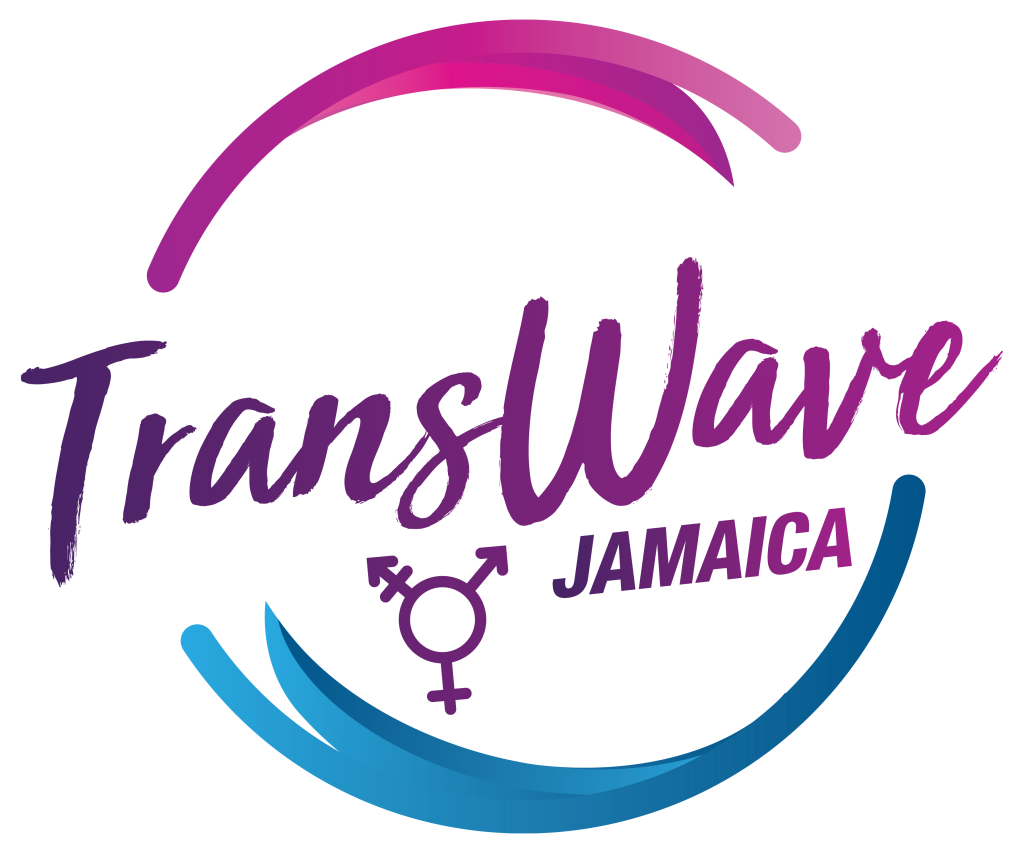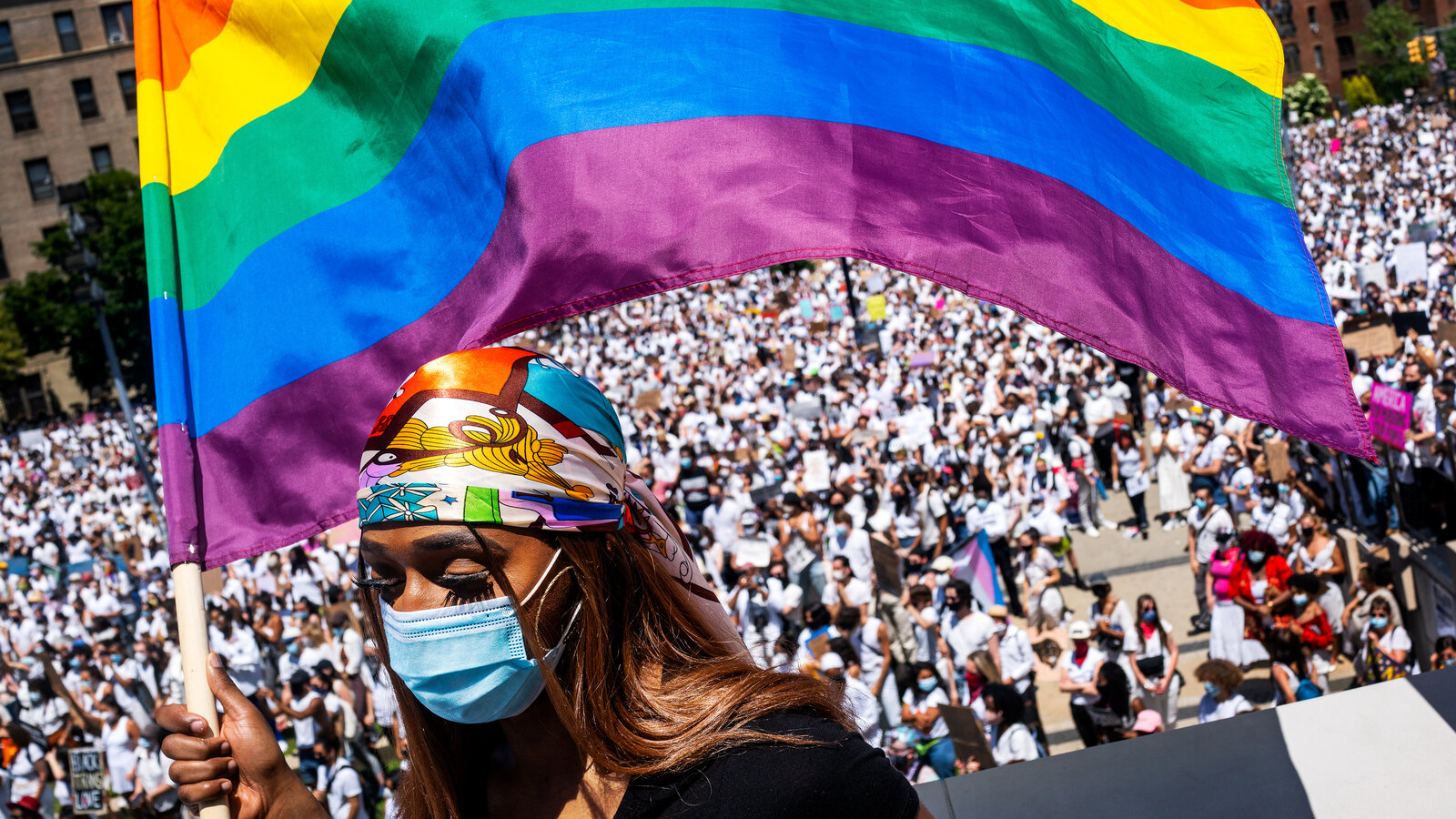Dear Editor,
Gender-based violence (GBV) and homophobia/transphobia are serious issues that have been affecting the LGBT community for many years.
GBV is defined as any act of violence that is based on gender. The recent surge in violence against LGBT Jamaicans is a cause for alarm as reports of transphobic violence have been on the rise, with many members of the LGBT community facing discrimination and harassment on a daily basis. This is a serious issue that must be addressed in order to ensure the safety and well-being of all citizens.
LGBT people are more likely to face physical violence than cisgendered heterosexuals, according to a survey done by the National Coalition of Anti-Violence Programs. Furthermore, transgender people are more likely to be the victims of violence, with transgender women of colour being the most vulnerable. The same study discovered that transgender people are more likely than non-transgender people to face physical assault, sexual violence, and threats of violence.
One of the main causes is the lack of legal protection for LGBT individuals. In many countries, LGBT individuals are not protected by the law, which makes them more vulnerable to violence and discrimination. Additionally, there is often a lack of education and awareness about LGBT issues, which can lead to misunderstanding and prejudice. Finally, there is often a lack of support services for LGBT individuals, which can make it difficult for them to access help when they need it. The prevalence of GBV and transphobic crimes in the LGBT community is influenced by a variety of factors. The stark absence of legal protection for LGBT people is one of the many factors that constantly makes the situation more dire for LGBT people than it already is, which inherently leaves them more susceptible to violence and prejudice. Furthermore, there is frequently a lack of knowledge and understanding of LGBT issues, and this can result in misunderstanding and oftentimes fuel stigma and discrimination based on ignorance. The lack of available support services for LGBT people might also make it challenging for them to get assistance when needed.
LGBT people live in a homophobic environment that permeates the entire society. A further risk of gender-based and/or sexual assault is posed to lesbians, bisexual women, and transgender individuals, specifically in the areas of housing, work, and health care. Since many community members have previously encountered prejudice, mockery, and/or rejection at some point in their lives, access to health-care and social services is a critical and constant issue.


